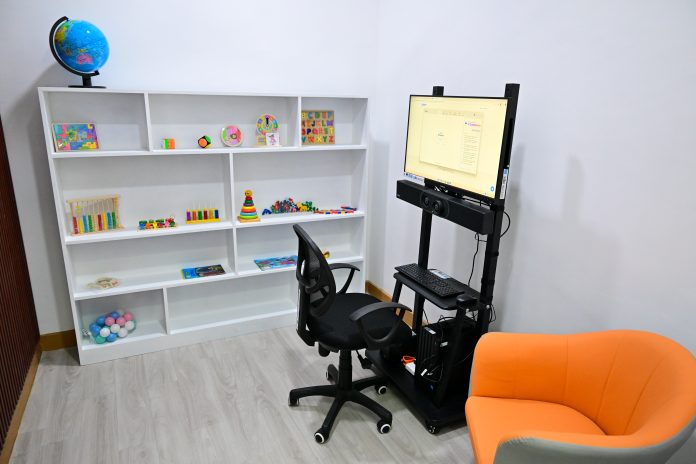Sri Lanka has taken a major step toward strengthening its child protection and justice systems with the launch of a transformative model service aimed at supporting children who have experienced violence.
The initiative, unveiled in Kandy, is a joint effort by the Ministry of Justice and National Integration and the Ministry of Women and Child Affairs, with support from the European Union (EU) through UNICEF. It introduces a comprehensive, child-sensitive approach to ensure that child victims receive timely, coordinated, and sustained care—from the moment a case is reported to the point of justice and protection.
The model addresses long-standing gaps in the country’s child protection framework and justice delivery mechanisms and incorporates six flagship reforms:
- Enhancement of the 1929 Child Helpline
- Introduction of integrated case management
- Strengthening of child support services
- Acceleration of justice processes
- Improved practices for child testimony
- Establishment of child-friendly courts with dedicated witness rooms
One of the most significant innovations is the creation of child-friendly courtrooms equipped with modern audio-visual technology. The Kandy High Court now allows children to testify from a separate, age-appropriate room—minimising trauma and operationalising recent amendments to the Code of Criminal Procedure passed in June 2025.
“This is a turning point for Sri Lanka’s justice system. These services will ensure that children will have a voice in court without fear, protected by law, supported by technology, and treated with dignity. This is an important step towards specialising high courts for children,” said Minister of Justice and National Integration Harshana Nanayakkara.
Minister of Women and Child Affairs Saroja Paulraj said the launch marked the beginning of a new era of child protection in Sri Lanka: “By taking a coordinated, multi-sectoral approach, we aim to ensure that children receive quality justice and at the same time are able to access protection and welfare services – all delivered in a child-sensitive manner.”
EU Ambassador to Sri Lanka Carmen Moreno praised the initiative and the role of the JURE project in translating commitments into action. “Violence against children remains a serious concern and demands immediate action. Today sets in motion a model of child-friendly services that will assist and support children victims of violence and bring them justice,” she said.
UNICEF Representative Emma Brigham highlighted the broader impact of the reform: “Sri Lanka is turning its global commitments into tangible change for children. This holistic, coordinated, and child-centred system ensures that children are safeguarded and supported to restore their lives. We welcome this transformative approach and look forward to seeing its roll-out nationwide.”
The launch is seen as a crucial step toward fulfilling Sri Lanka’s obligations under its National Policy Framework and international commitments, including those made at the 2024 Bogotá Conference on Ending Violence Against Children.
With this initiative, the Government of Sri Lanka, the EU, and UNICEF are setting a new standard for child protection—placing children’s rights, dignity, and wellbeing at the centre of justice.





